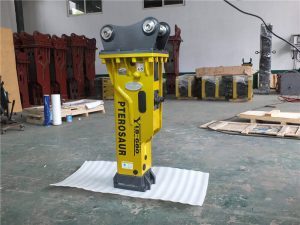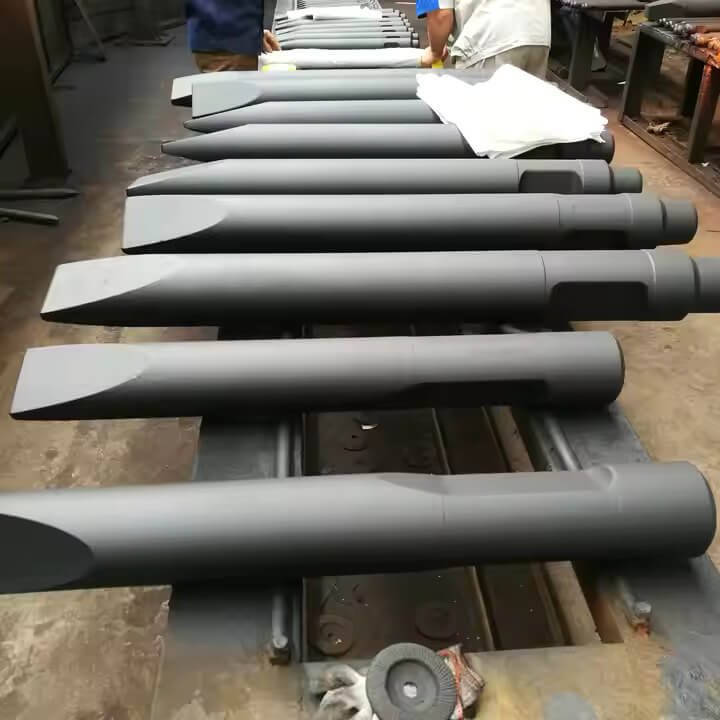Understanding Circuit Breaker Ratings and Specifications
Circuit breakers are essential components of electrical systems, designed to protect circuits from damage caused by excessive current flow. Whether for residential or industrial applications, selecting the right circuit breaker requires an understanding of various ratings and specifications. This article explores the key factors to consider when evaluating circuit breakers, including voltage ratings, current ratings, breaking capacity, and more.
Key Circuit Breaker Ratings
-
Voltage Rating: This rating indicates the maximum voltage that a circuit breaker can handle. It is crucial to select a circuit breaker with a voltage rating that meets or exceeds the specific requirements of the electrical system. Common voltage ratings include 120V, 240V, and 480V.
-
Current Rating: The continuous current rating (often expressed in Amperes) specifies the maximum current the breaker can carry without tripping. This rating is vital for ensuring that the circuit breaker can handle the expected load without interruption.
-
Breaking Capacity: This is the maximum fault current that a circuit breaker can safely interrupt without being damaged. The breaking capacity is typically expressed in kiloamperes (kA). It is essential to choose a circuit breaker with an appropriate breaking capacity to protect against short-circuit conditions.
-
Making Capacity: Unlike breaking capacity, making capacity refers to the maximum current a circuit breaker can withstand when it is first closed. This parameter is particularly important in applications where high inrush currents are expected.
-
Operating Sequence: Circuit breakers can operate in different sequences, which may be relevant depending on the application. For instance, some breakers are designed to operate sequentially, while others may operate simultaneously.
Choosing the Right Circuit Breaker
When selecting a circuit breaker, consider the following factors:
-
Application Type: Determine whether the circuit breaker is for residential, commercial, or industrial use. Different environments may require specific types of breakers, such as miniature circuit breakers (MCBs) or ground fault circuit interrupters (GFCIs).
-
Manufacturer Specifications: Refer to manufacturer documents for detailed specifications. For example, Eaton and ABB provide comprehensive guides on their circuit breaker models, including ratings and applications.
-
Compliance and Standards: Ensure that the selected circuit breaker complies with local electrical codes and standards, such as UL 489. This compliance is crucial for safety and legality.
-
Accessories and Features: Some circuit breakers come with additional features and accessories that can enhance functionality, such as remote monitoring capabilities or surge protection.
Conclusion
Understanding circuit breaker ratings and specifications is vital for ensuring the safety and reliability of electrical systems. By carefully evaluating voltage ratings, current ratings, breaking capacities, and other factors, you can select the appropriate circuit breaker for your specific needs. Always refer to manufacturer specifications and comply with local standards to ensure optimal performance and safety in your electrical installations. For more detailed specifications, resources from companies like Eaton and ABB can provide valuable insights into circuit breaker options available in the market.




































